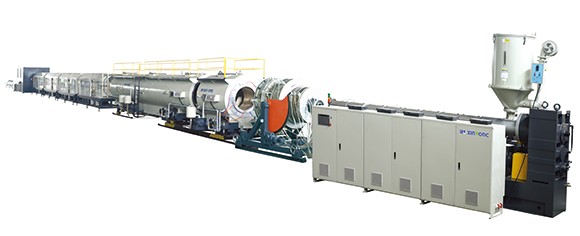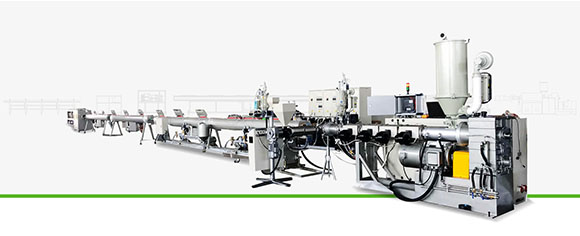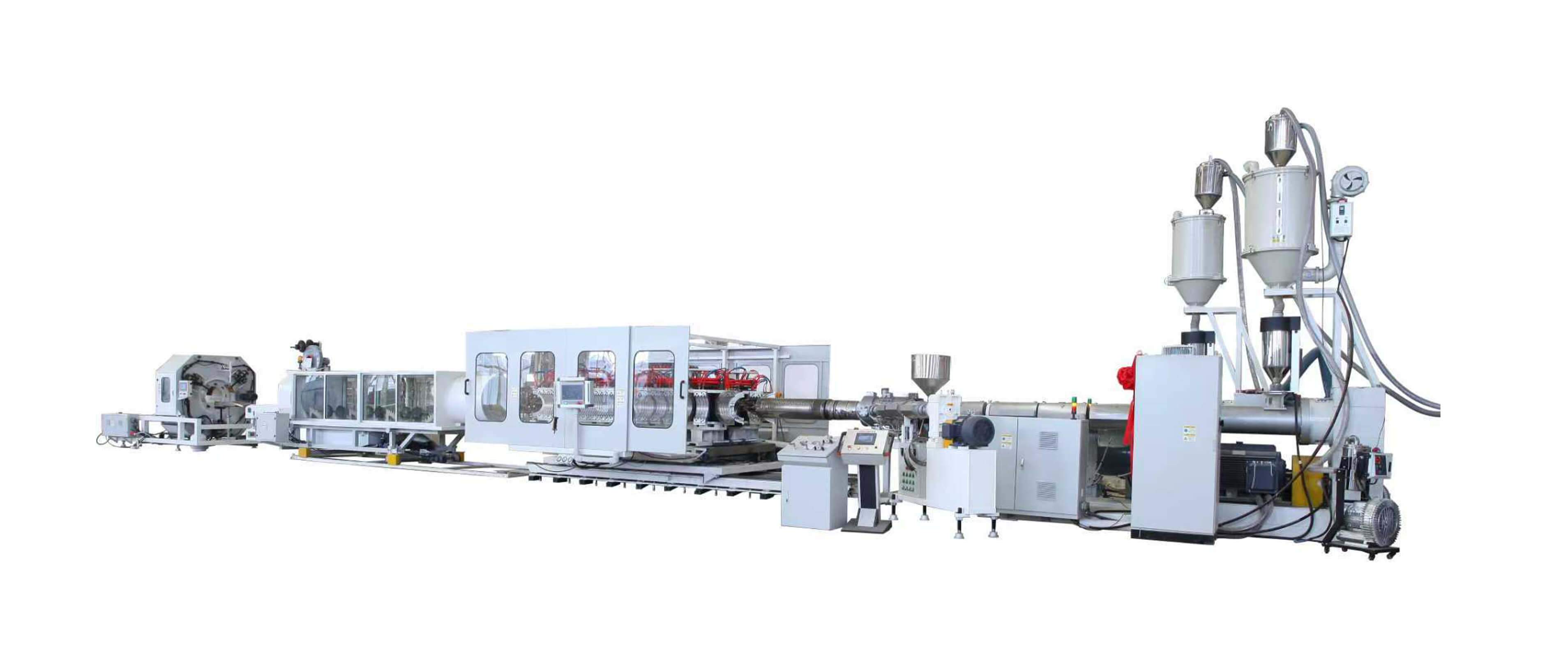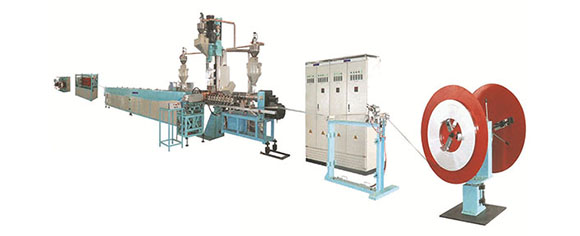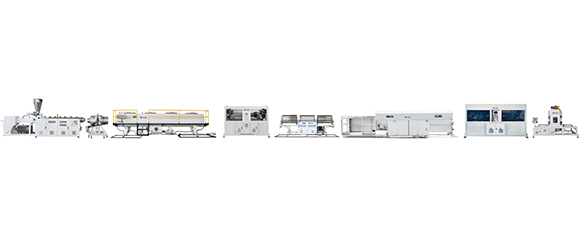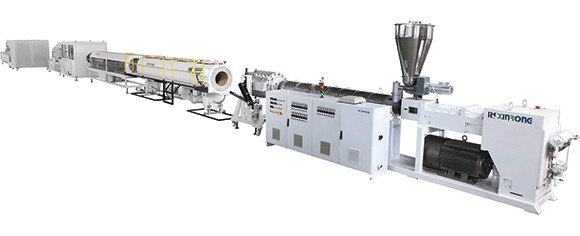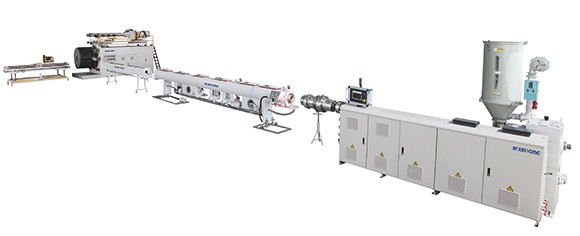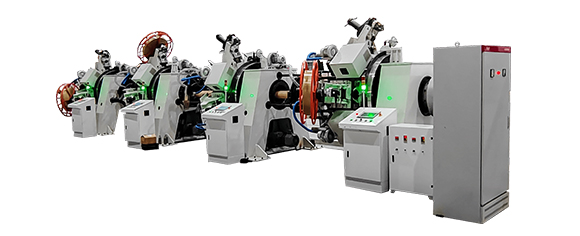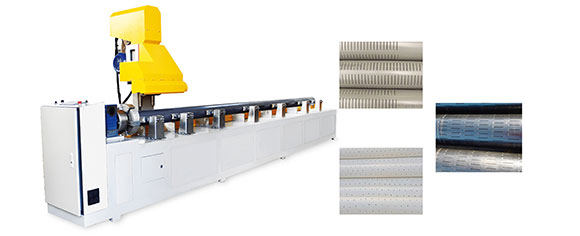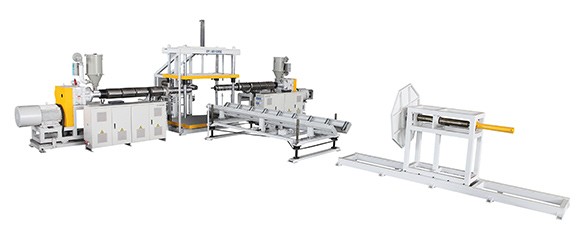News
Site Editor
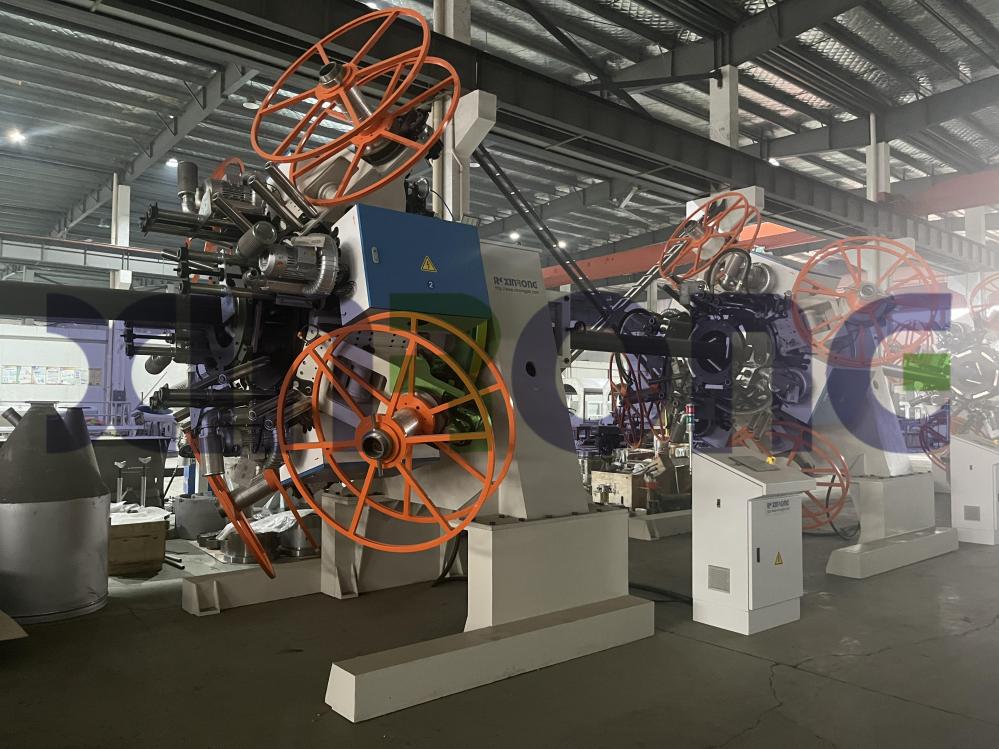 Site
/uploads/5cb96e23627a5.png
With the continuous development of industry and infrastructure, RTP (Reinforced Thermoplastic Pipe) and TCP (Thermoplastic Composite Pipe) have become essential components of the pipeline industry, thanks to their superior performance and diverse applications. These high-performance pipes are widely used in oil, gas, chemical, water supply, and many other sectors.
Site
/uploads/5cb96e23627a5.png
With the continuous development of industry and infrastructure, RTP (Reinforced Thermoplastic Pipe) and TCP (Thermoplastic Composite Pipe) have become essential components of the pipeline industry, thanks to their superior performance and diverse applications. These high-performance pipes are widely used in oil, gas, chemical, water supply, and many other sectors.
RTP/TCP Pipes: Applications and Manufacturing Processes Driving Efficient Pipeline Solutions
Views: 488
Author: Site Editor
Publish Time: 2024-12-15
Origin: Site
With the continuous development of industry and infrastructure, RTP (Reinforced Thermoplastic Pipe) and TCP (Thermoplastic Composite Pipe) have become essential components of the pipeline industry, thanks to their superior performance and diverse applications. These high-performance pipes are widely used in oil, gas, chemical, water supply, and many other sectors.
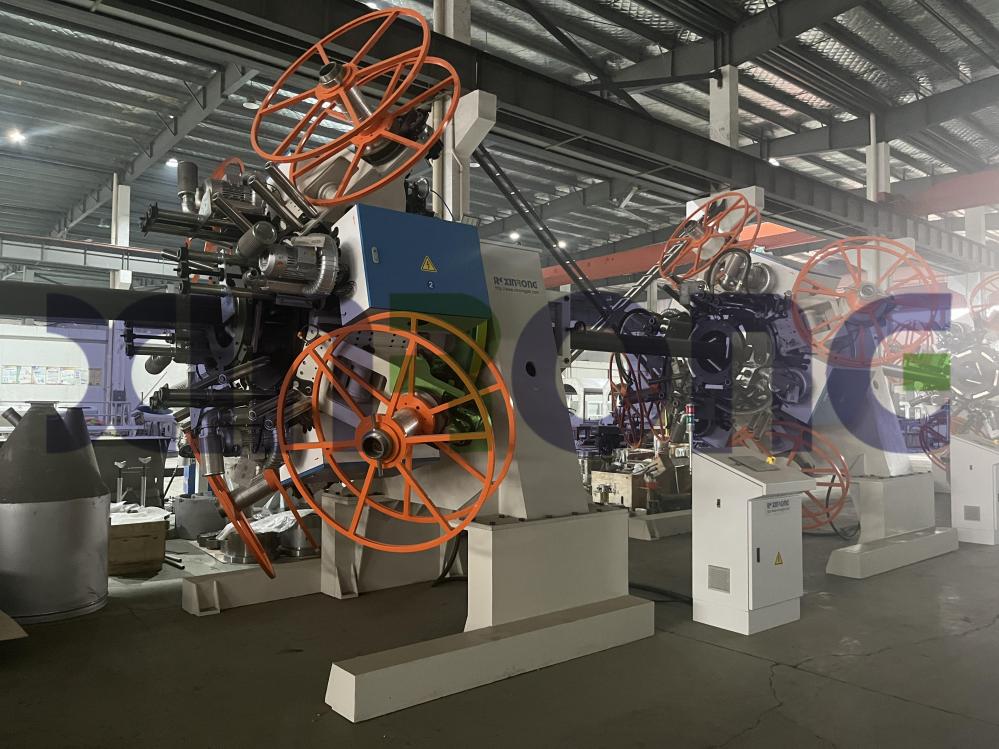
Applications of RTP/TCP Pipes
1. Oil and Gas Transportation
RTP and TCP are ideal for transporting oil and gas due to their corrosion resistance, high pressure tolerance, and fatigue resistance. Especially in subsea pipelines, they offer lower maintenance costs and longer service life.
2. Municipal Water Supply and Drainage
The lightweight and high-strength characteristics of RTP/TCP pipes make them advantageous in water supply and drainage systems. They significantly reduce construction time and costs, particularly in large-scale pipeline projects.
3. Industrial Chemical Transportation
In the chemical industry, these pipes’ resistance to chemical corrosion makes them suitable for transporting various acidic and alkaline substances, minimizing the risk of pipe corrosion.
4. Seawater Desalination and Wastewater Treatment
RTP/TCP pipes address the short service life issues of traditional metal pipes caused by corrosion, making them ideal for seawater desalination and wastewater treatment projects, contributing to sustainable development.
Manufacturing Processes of RTP/TCP Pipes
The manufacturing processes of RTP and TCP represent the forefront of composite material technology. The key steps include:
1. Material Selection and Preparation
RTP uses reinforced thermoplastic as the base material, enhanced with glass or carbon fibers. TCP, on the other hand, is entirely made from thermoplastic composite materials, ensuring a balance between performance and sustainability.
2. Multilayer Structure Formation
RTP pipes typically have a multilayer design, including an inner corrosion-resistant layer, a middle reinforcement layer, and an outer protective layer. Multilayer extrusion is critical in the production process. TCP pipes are produced through integrated thermoplastic composite winding technology.
3. Fiber Reinforcement Winding
Specialized equipment is used to precisely wind fibers around the pipe core, ensuring optimal pressure-bearing capacity.
4. Fusion Bonding and Curing
Advanced fusion technologies and curing processes are employed to tightly bond the layers, enhancing the overall strength of the pipe.
5. Quality Testing and Certification
Each pipe undergoes rigorous testing for pressure, temperature resistance, and corrosion resistance to ensure compliance with international standards.
Future Trends and Industry Opportunities
As the world places greater emphasis on environmental protection and sustainability, RTP/TCP pipes, with their recyclability and low carbon emissions, are poised to shine in emerging fields. For example, hydrogen transportation pipelines and renewable energy infrastructure could become major growth areas.
Jiangsu Xinrongplas Machinery Co., Ltd. is dedicated to providing high-quality pipeline solutions, continuously optimizing manufacturing processes and equipment to advance RTP/TCP pipe technology globally. With a firm belief in innovation, the company strives to deliver efficient, reliable, and eco-friendly solutions to more industries in the future.The company remains dedicated to delivering high-quality, innovative pipe production and plastic recycling solutions, welcoming inquiries from all potential partners.





